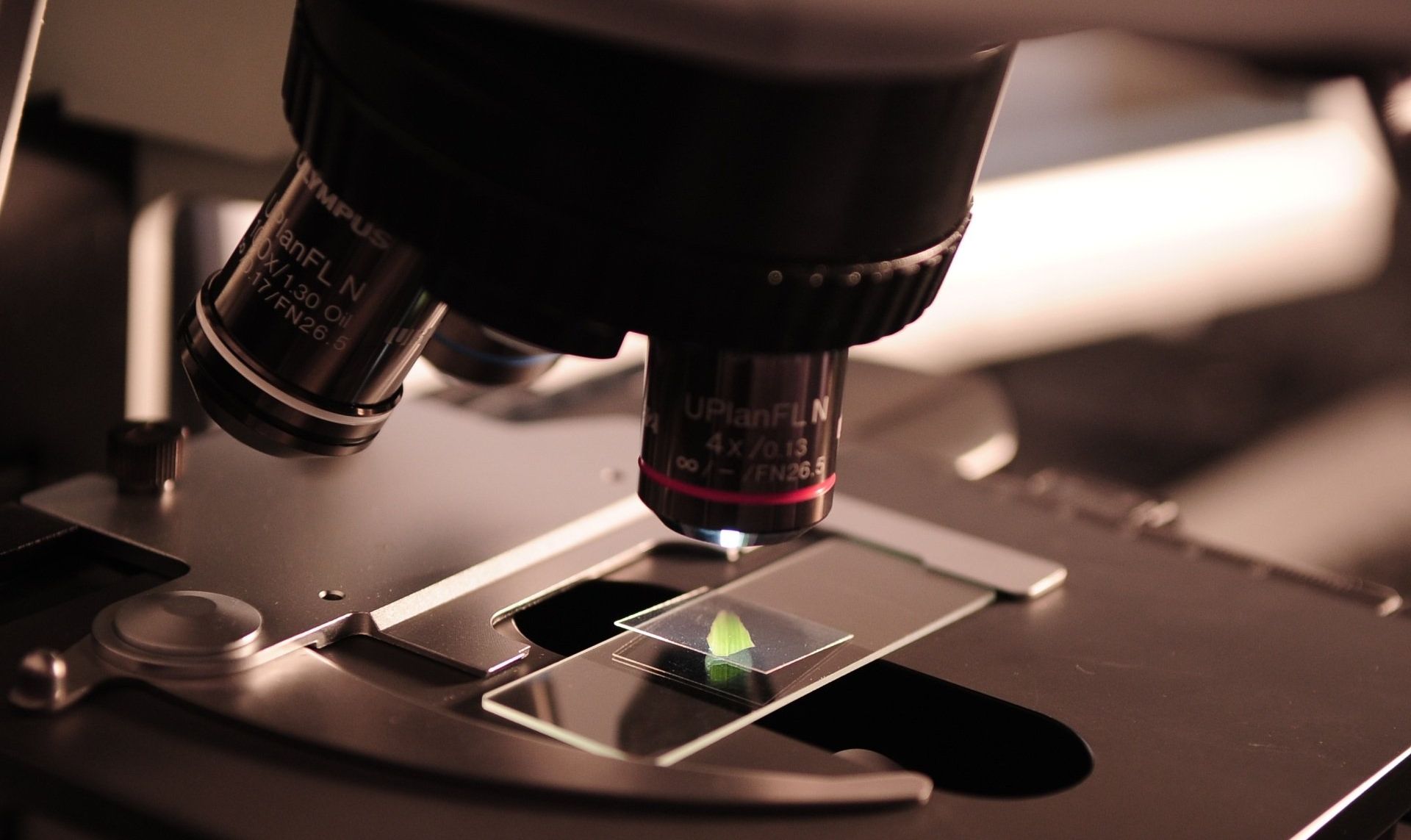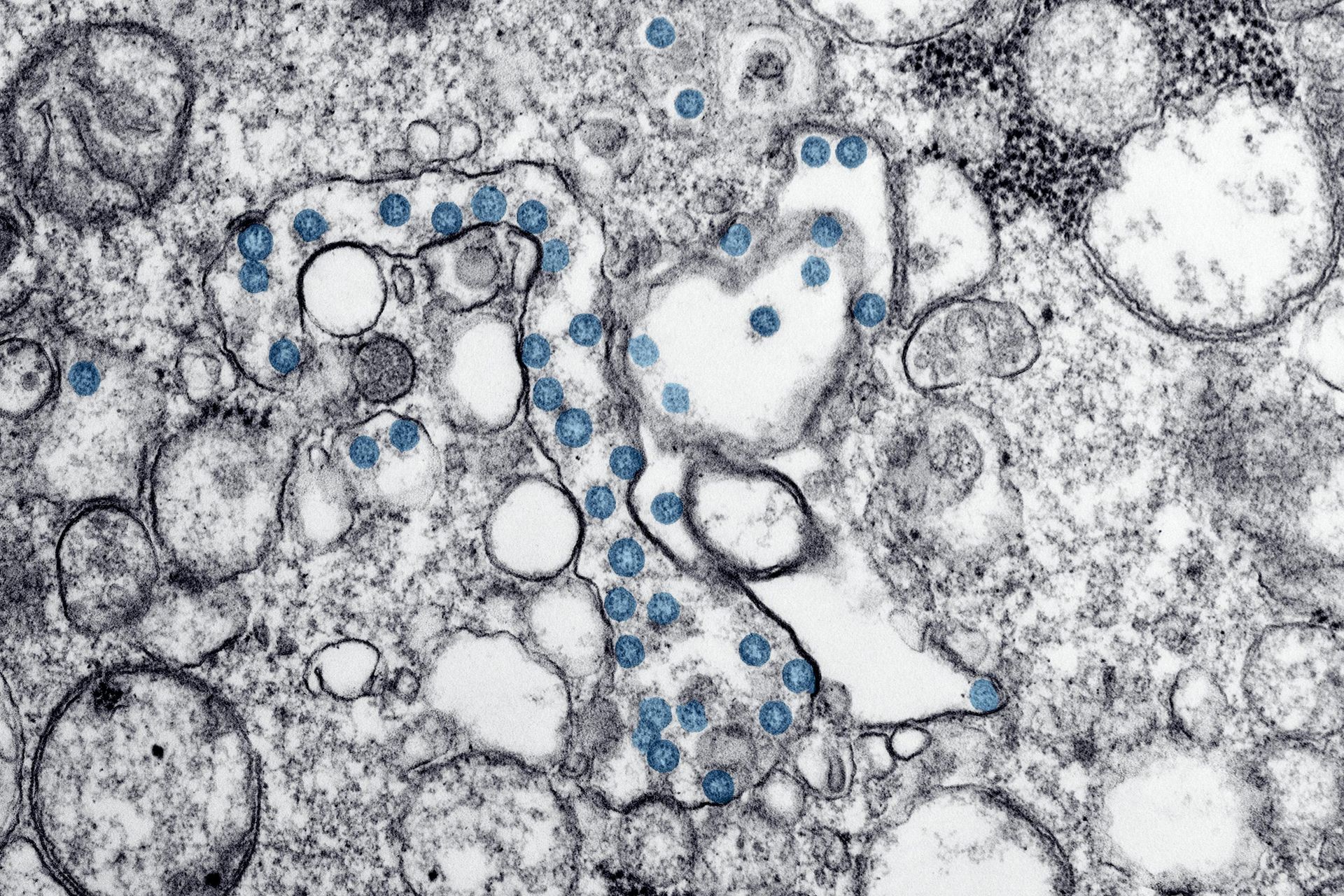Bacteriophages

Blog vol 3. 50. Bacteriophages
When studying biology in my undergrad at the University of Western Ontario, we looked at bacteriophages, a class of viruses that help to kill bacteria, something that could be very useful. With all the bad press about viruses that surrounded Covid since 2020, the mention of a beneficial virus sounds like a dream.
This is not a new idea, as early as 1919 Felix d’Herelle, a microbiologist at the Pasteur Institute in Paris, used bacteriophages to treat a patient with a bacterial infection. This was cutting-edge research at the time but the discovery of penicillin in 1928 made phages seem unnecessary and the research dropped off.
Now, 100 years later, we are taking a serious look at them again. The May 6th Economist has an article (see here), “Battling Superbugs with Viruses”, that discusses the possibilities of this research.
We have been using antibiotics for so long that a number of bacteria have developed a resistance to many of these drugs. Bugs like tuberculosis and gonorrhoea are spreading again and even Staph Aureus has developed some resistance. The drug industry has not developed a new class of antibiotic in 40 years. This is all very worrisome, making us vulnerable to bacterial infections. In fact, as many as 1.2 million deaths globally in 2019 were the result of untreatable bacterial infections.
What is really cool about bacteriophages is that they are incredibly specific to a bacteria even within species. The trick is to isolate and culture the offending bacterium and then have a library of phages available for treatment. The phage binds to a suitable receptor on the bacterial cell wall and injects its genetic material into the cell. The phage is “lytic” which makes it possible to hijack the bacteria cell’s machinery to make copies of itself. The phage proliferates inside the cell, finally killing the bacterium and being released to do more damage.
Specificity is the operative word. Only a small dose is required and there are few side effects. The researchers look for the problem bacterium, usually in human sewage or hospital waste where resistant bacteria can be found, find phages present with it, and then isolate and store them in a library for future use.
Sounds like a great solution, but there are problems. This research is intensive and the phages cannot be patented (not a lot of money to be made here, are governments going to be motivated to fund this work?), as well, large studies need to be done to establish dosing and efficacy. Also, the human immune system can react to the phage as a foreign object, there has to be a way to prevent this.
The application of this technology could be very helpful in medicine and in working with plants and livestock. It will certainly not replace antibiotics but could be a much-needed resource for dealing with a worrying trend in increasing bacterial resistance.
In the meantime, as we look to roll out the phages, we need to be diligent to decrease the development of bacterial resistance by only prescribing antibiotics when required and by using the full dosage when they are.
The fact that bacteriophages were being used 100 years ago is fascinating. Antibiotics have led us down other paths, but in the future, we are likely to benefit from having both in our arsenal.
‘til next week,
the good doctor






